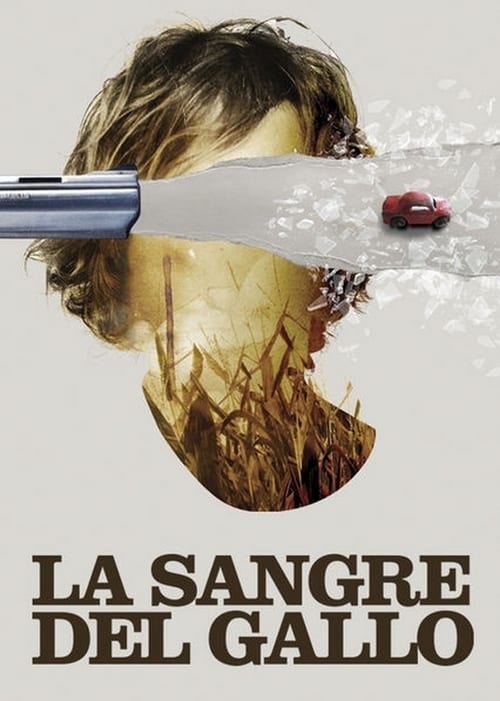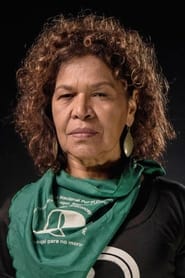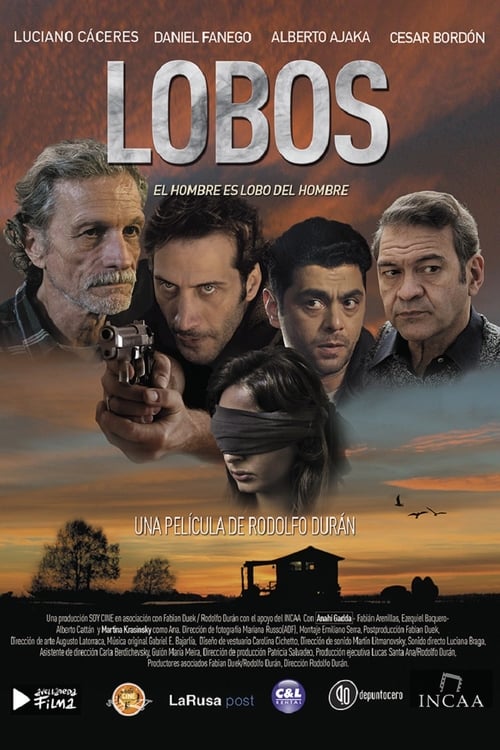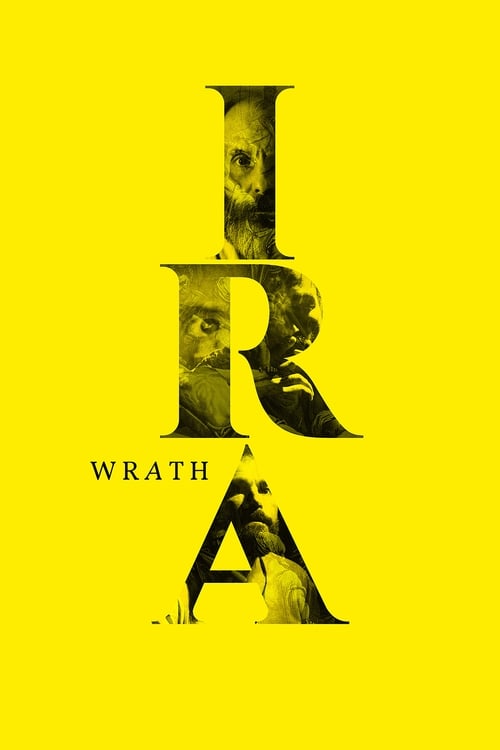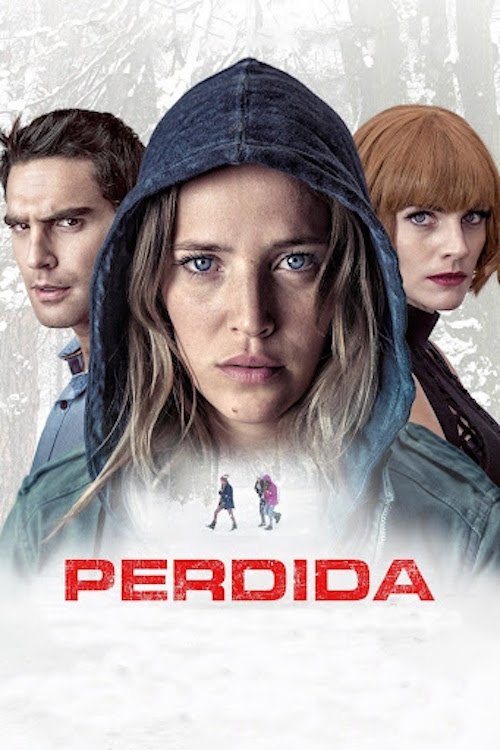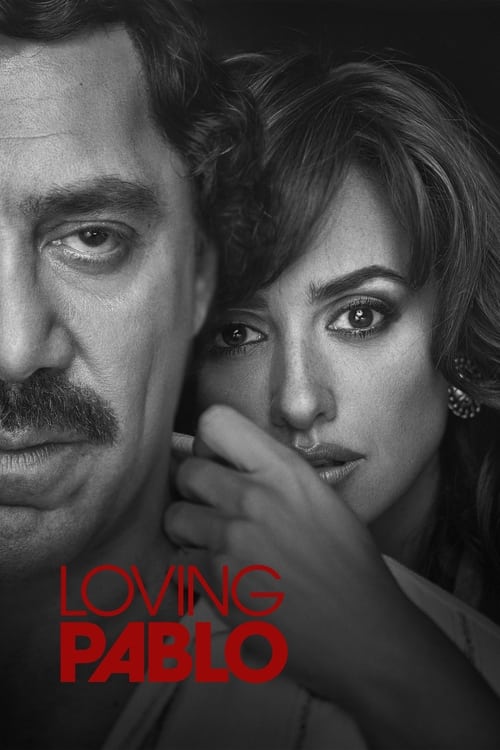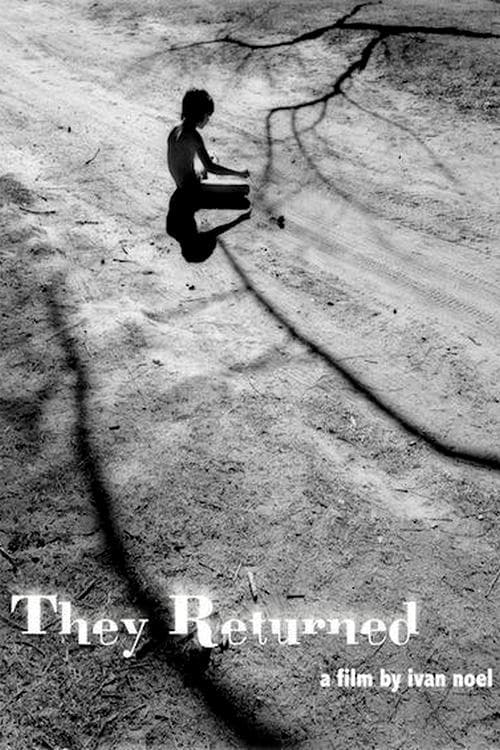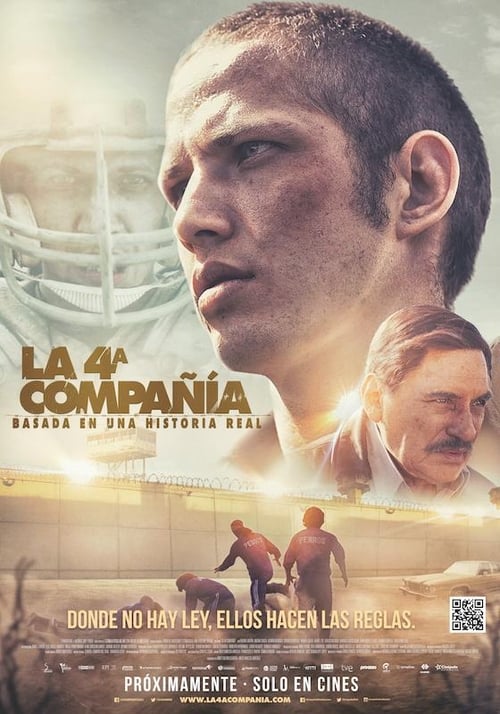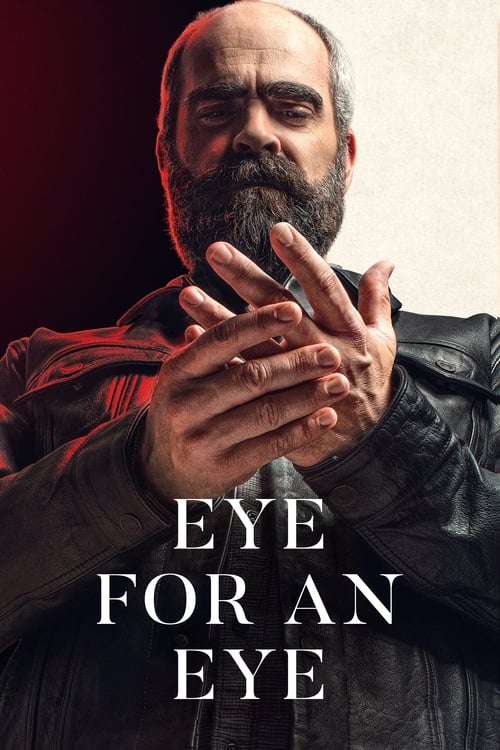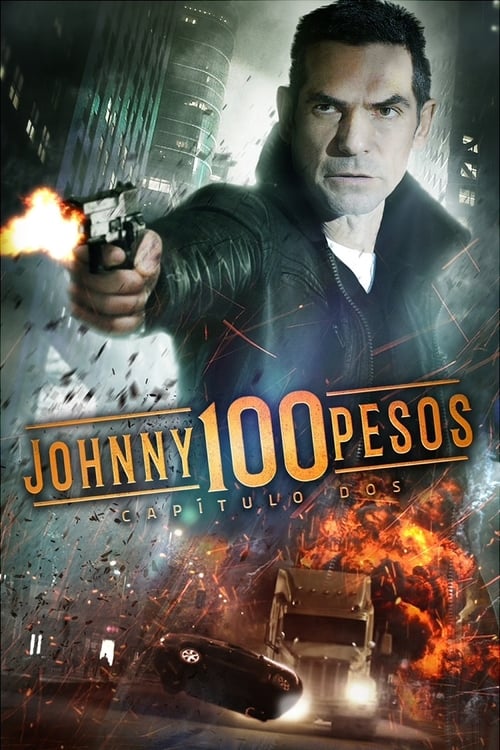
Ask Your Own Question
What is the plot?
What is the ending?
In the ending of "Rooster's Blood," the main character, a young man named Tien, faces the consequences of his choices as he navigates the world of illegal cockfighting. The climax reveals the deep emotional and physical toll that the brutal sport has taken on him and those around him. Ultimately, Tien must confront his own values and the impact of his actions on his family and friends.
As the film progresses towards its conclusion, Tien finds himself in a pivotal cockfighting match that symbolizes not only his personal struggles but also the larger themes of loyalty, sacrifice, and the quest for identity. The film ends with a sense of unresolved tension, leaving viewers to ponder the future of Tien and the relationships he has strained throughout the story.
As the final act of "Rooster's Blood" unfolds, the atmosphere is thick with anticipation and dread. The camera pans over the dimly lit cockfighting arena, where the air is charged with the shouts of spectators and the clucking of roosters. Tien stands in the center, his heart racing, as he prepares for the most significant fight of his life. The stakes are higher than ever, not just for him but for his family's honor and his own sense of self-worth.
Scene 1: The Fight Begins The match begins, and Tien's rooster, a fierce and proud bird, faces off against a rival's equally formidable opponent. The crowd roars, and Tien's adrenaline surges. He feels a mix of excitement and fear, knowing that this fight could change everything for him. As the roosters clash, Tien's focus narrows, and he recalls the sacrifices his family has made for him to be here. The camera captures his intense gaze, reflecting his internal conflict between the thrill of victory and the moral implications of the fight.
Scene 2: The Turning Point As the fight progresses, Tien's rooster begins to falter, and the tide turns against him. The crowd's cheers morph into gasps of disbelief. Tien's heart sinks as he realizes that his dreams of glory are slipping away. He recalls the conversations with his father, who had warned him about the dangers of the cockfighting world. The emotional weight of his father's words hangs heavy in the air, and Tien grapples with feelings of shame and regret.
Scene 3: The Climax In a desperate moment, Tien makes a choice that will define his character. He intervenes in the fight, risking everything to protect his rooster from further harm. The crowd erupts in chaos, and Tien's actions draw both admiration and scorn. He stands there, heart pounding, as he faces the consequences of his decision. The camera zooms in on his face, capturing the turmoil within him--he is torn between his love for the sport and the realization of its brutality.
Scene 4: The Aftermath After the fight, Tien is left to confront the fallout of his actions. The arena is now a scene of disarray, with angry spectators and disappointed gamblers. Tien's family watches from the sidelines, their expressions a mix of concern and disappointment. Tien's father approaches him, and their exchange is fraught with unspoken words. Tien's internal struggle is palpable as he realizes that he has not only let himself down but also his family.
Scene 5: Resolution In the final moments, Tien walks away from the arena, the weight of his choices heavy on his shoulders. He looks back one last time, the sounds of the crowd fading into the background. The film closes on Tien's face, a mixture of determination and sorrow, as he contemplates his future. The fate of his rooster remains uncertain, symbolizing the fragility of dreams and the harsh realities of life.
As the credits roll, viewers are left with a lingering sense of ambiguity regarding Tien's path forward. The film leaves open questions about redemption, the cost of ambition, and the bonds of family, inviting reflection on the choices that define us.
Is there a post-credit scene?
In the movie "Rooster's Blood," there is no post-credit scene. The film concludes its narrative without any additional scenes after the credits roll. The story wraps up with a focus on the emotional and thematic resolutions of the characters, leaving the audience to reflect on the events that transpired throughout the film. The absence of a post-credit scene emphasizes the finality of the characters' journeys and the weight of their experiences.
What motivates the main character, a young cockfighter, to pursue his passion despite the risks involved?
The main character, a young cockfighter named 'Rooster', is driven by a deep-seated desire to prove himself in a world that often underestimates him. His passion for cockfighting is not just about the thrill of the fight; it represents a connection to his family's legacy and a way to escape the struggles of his everyday life. Rooster's internal conflict is palpable as he grapples with the moral implications of his choices, torn between his love for the sport and the potential harm it brings to the animals.
How does the relationship between Rooster and his mentor evolve throughout the film?
Rooster's relationship with his mentor, an older, seasoned cockfighter, begins as one of admiration and guidance. The mentor sees potential in Rooster and teaches him the intricacies of the sport. However, as Rooster becomes more ambitious and reckless, their relationship becomes strained. The mentor's warnings about the dangers of cockfighting and the consequences of Rooster's actions create tension, leading to moments of confrontation where Rooster must confront his own hubris and the mentor's disillusionment.
What role does the setting of the cockfighting arena play in the development of the story?
The cockfighting arena serves as a critical backdrop for the film, symbolizing both the excitement and brutality of the sport. It is a place where Rooster experiences the highs of victory and the lows of defeat. The vibrant, chaotic atmosphere of the arena, filled with cheering crowds and the palpable tension of the fights, heightens Rooster's emotional stakes. Each fight becomes a turning point for his character, forcing him to confront his motivations and the impact of his choices on those around him.
How does Rooster's family background influence his decisions in the film?
Rooster's family background is steeped in a tradition of cockfighting, which shapes his identity and choices throughout the film. His father's legacy looms large, creating pressure for Rooster to live up to expectations. The film explores how Rooster's desire to honor his family's history conflicts with his growing awareness of the ethical dilemmas surrounding the sport. This internal struggle is compounded by his family's financial struggles, pushing him to take risks that ultimately lead to pivotal moments in the narrative.
What are the consequences of Rooster's actions on his relationships with friends and family?
As Rooster becomes more entrenched in the world of cockfighting, the consequences of his actions ripple through his relationships. His friends, initially supportive, begin to distance themselves as they witness his reckless behavior and obsession with winning. His family, particularly his mother, expresses concern for his well-being, leading to emotional confrontations that reveal the strain his choices place on familial bonds. The film poignantly captures the heartbreak of these relationships as Rooster's pursuit of glory comes at a significant personal cost.
Is this family friendly?
"Rooster's Blood," produced in 2015, is not considered family-friendly due to its mature themes and content. The film contains several potentially objectionable or upsetting aspects, including:
-
Violence: There are scenes depicting animal fighting, which may be distressing for viewers, especially children or those sensitive to animal welfare issues.
-
Strong Language: The dialogue includes profanity and harsh language that may not be suitable for younger audiences.
-
Emotional Turmoil: Characters experience intense emotional struggles, including themes of loss, betrayal, and familial conflict, which could be upsetting for sensitive viewers.
-
Substance Abuse: There are references to drug use and alcohol, which may not be appropriate for children.
-
Adult Situations: The film explores complex adult relationships and situations that may be difficult for younger viewers to understand.
Overall, the film's themes and content are geared towards a mature audience, making it unsuitable for children or those who may be sensitive to such material.

